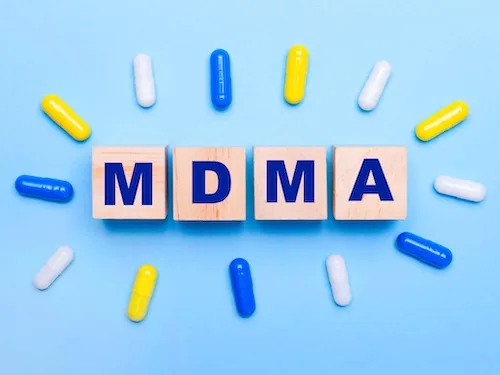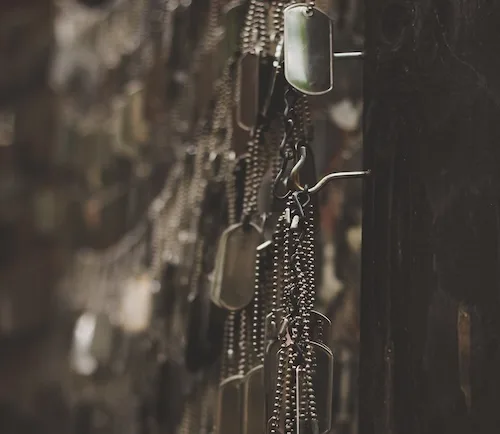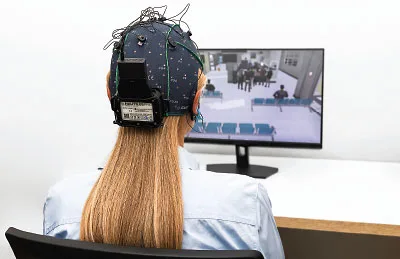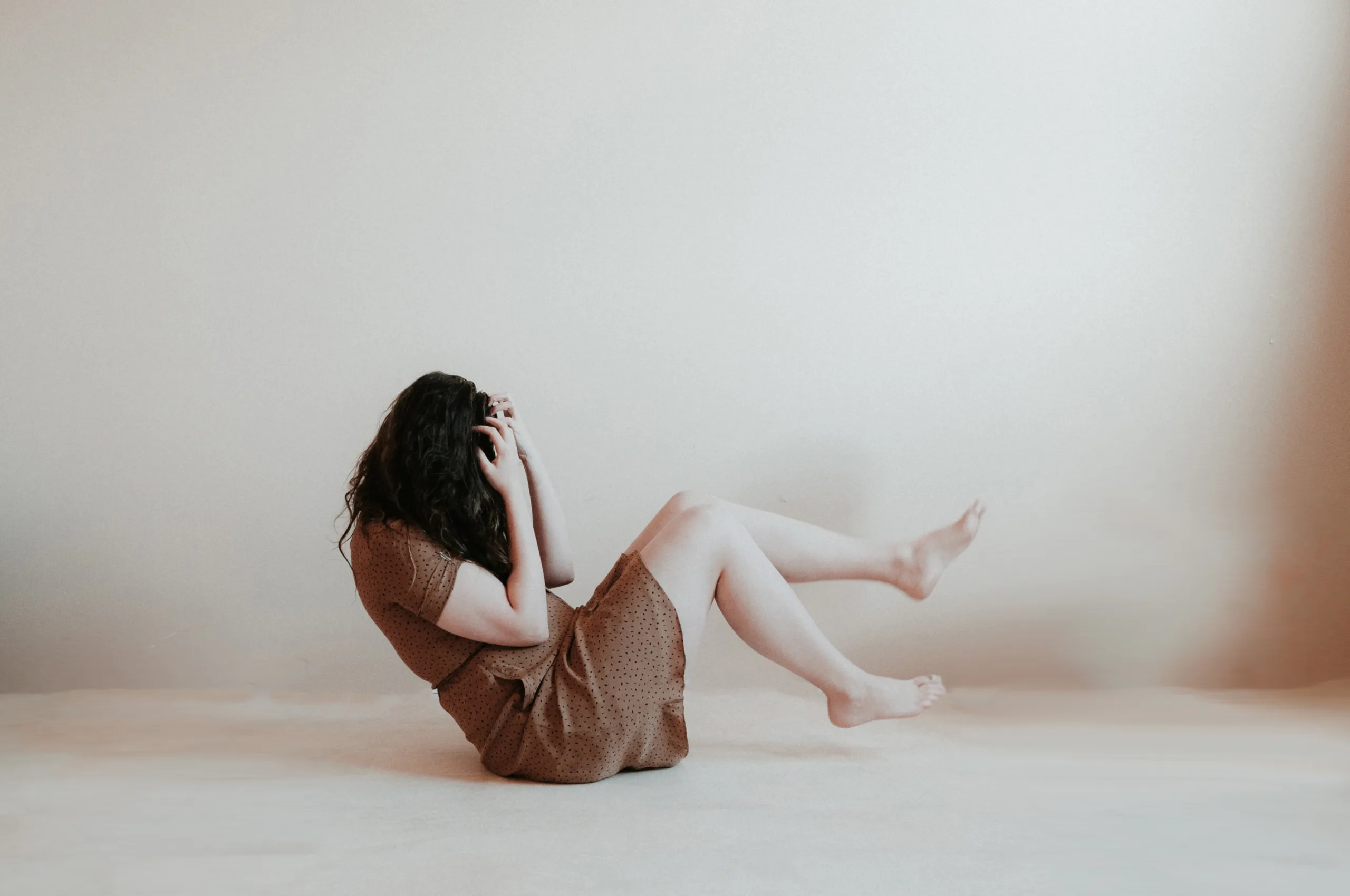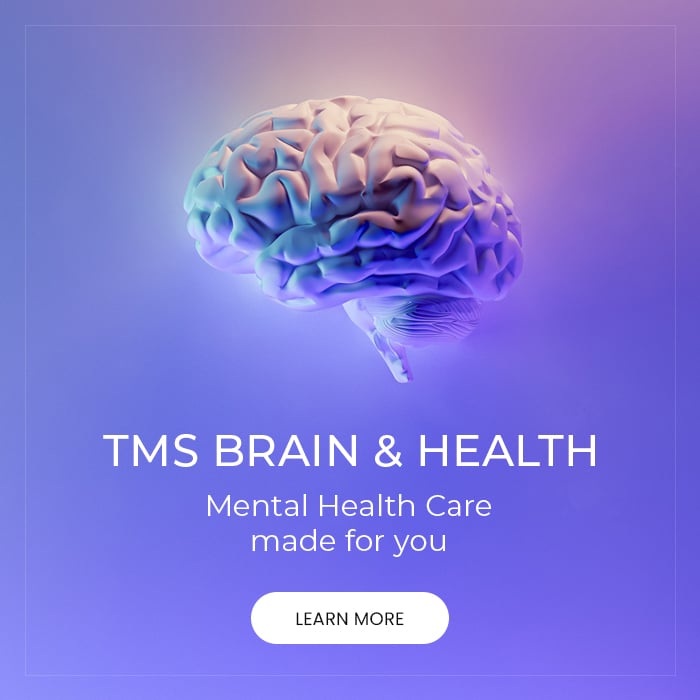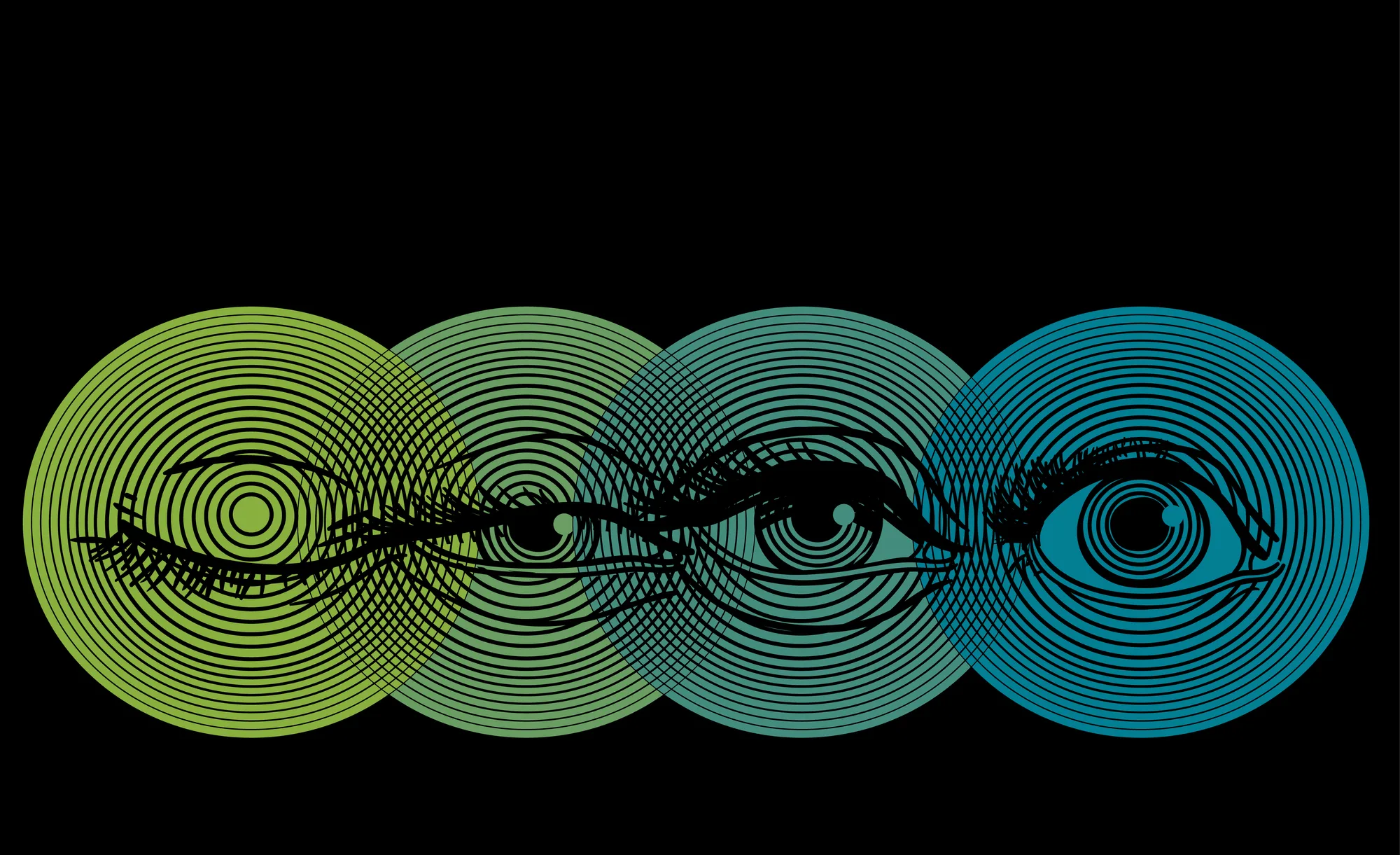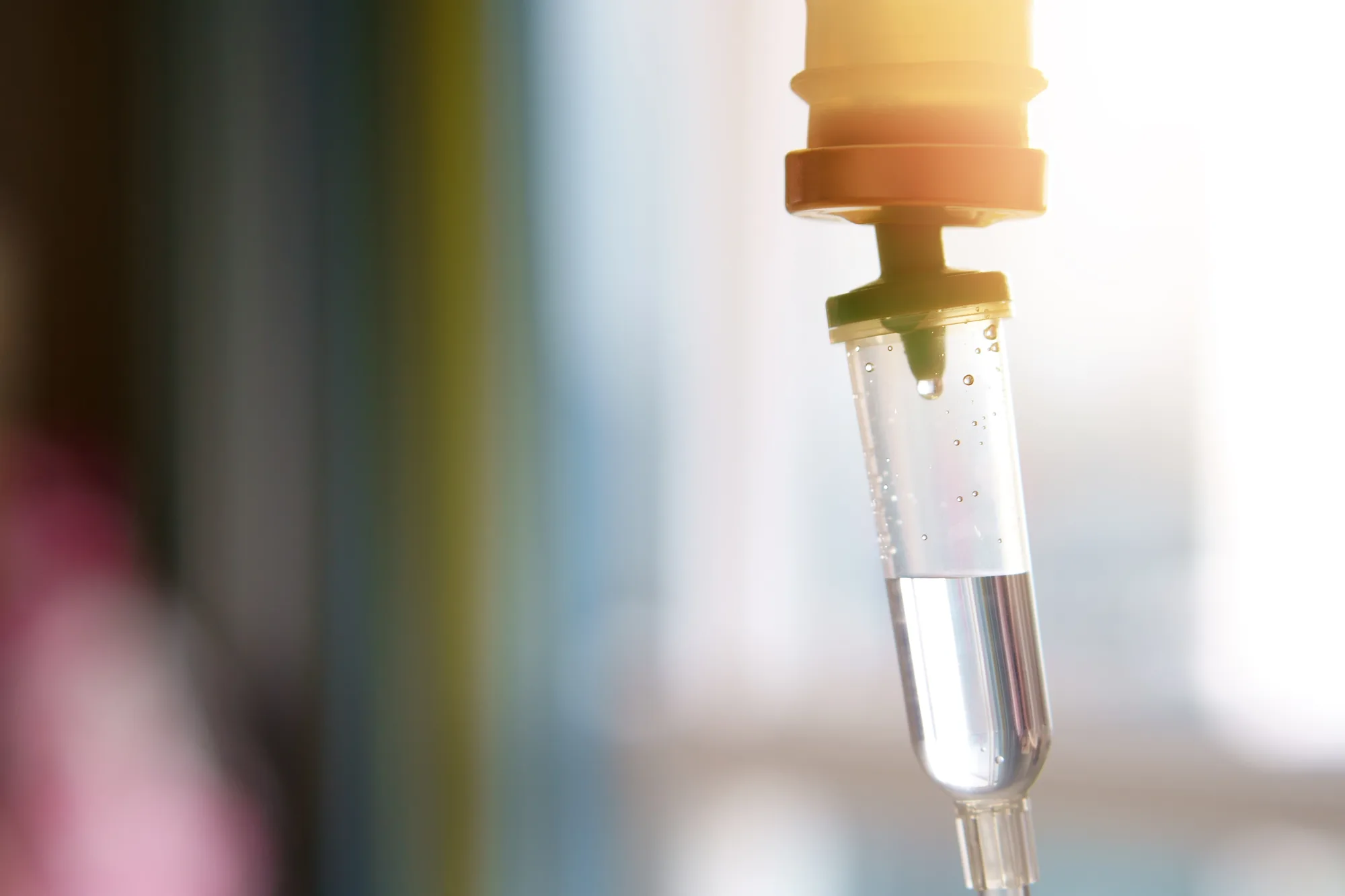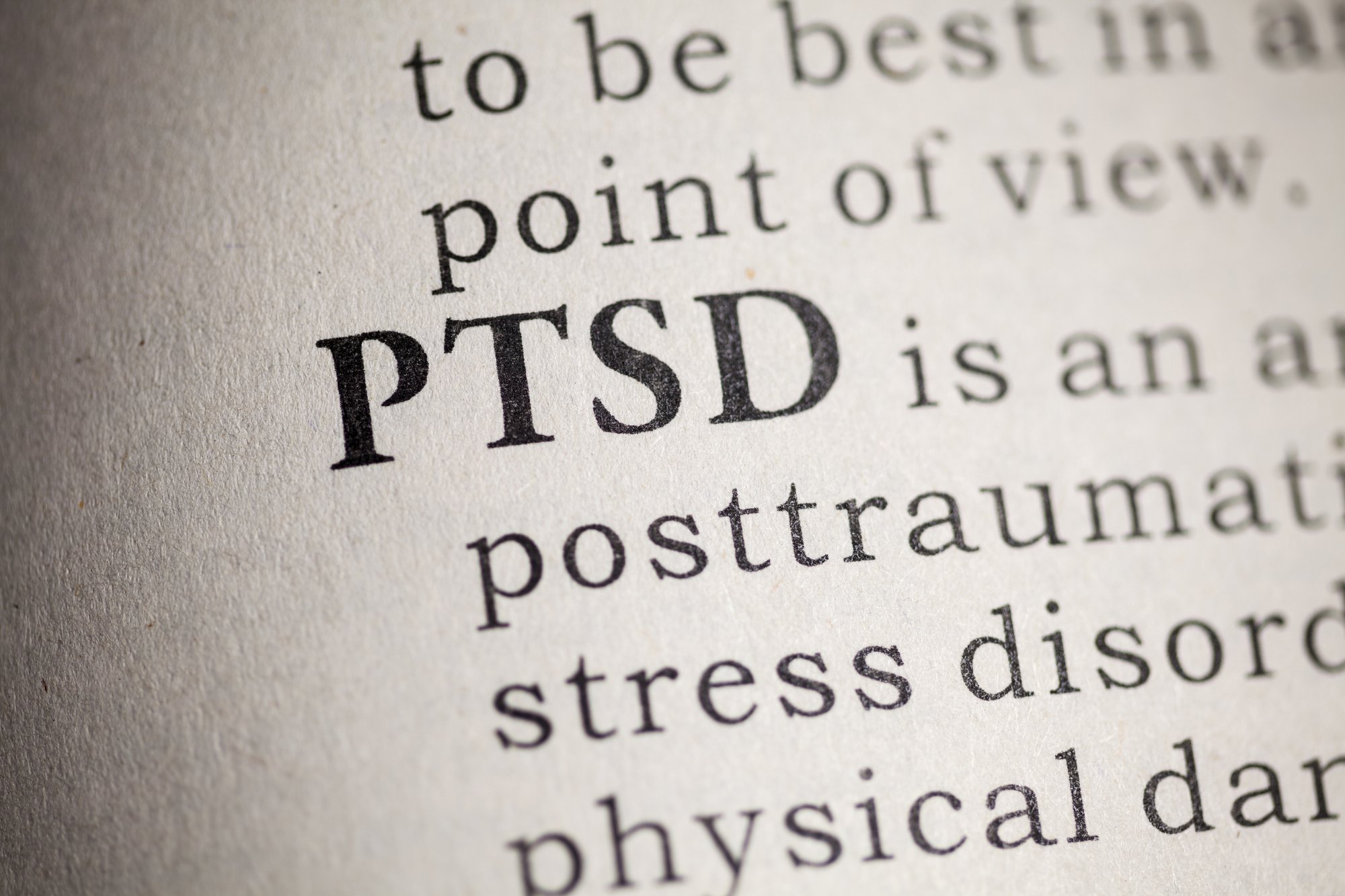We all feel sad sometimes. After all, everyone has bad days. Maybe you even say you are feeling depressed when you are more miserable than usual. So, yes, depression is about being sad, but how do you know when sadness is actually clinical depression?
The grey area between sadness and depression makes it hard to know the difference. Some days we feel sad, and some days we feel depressed, so how do we know if it’s one or the other and figure out the next step to feeling better?
Understanding Sadness
Sadness is something we all experience throughout our lives; it comes and goes in waves. We might express or label our sadness as distress, hurt, agony, or a broken heart – among other negative emotions. Sadness usually comes after another feeling, such as stress, grief, guilt, or anger.
You might even experience these initial feelings so strongly that you don’t recognize you are sad. This is one reason it helps to understand what sadness feels like physically and how it can manifest emotionally. Sadness can make it so that you struggle to sleep or eat (i.e., digestive problems or stomach aches). Emotionally, sadness might make you feel frustrated or grumpy — it can make you want to cry and sometimes avoid others.
When it comes to sadness, you might feel bad for a little while, but then you usually snap out of it and move on with your life. But what if it feels like that process is taking a while? At what point does sadness become clinical depression?
Understanding Depression
Sadness is a normal human emotion. Sometimes, it can be helpful to feel sad because it motivates us to find solutions to whatever is causing our sadness. But it’s possible to get to a point where an emotion is no longer helpful, but the opposite — where sadness is no longer mere sadness. If you’re struggling to connect your sadness to something external and specific, it could be a sign of depression. Lingering sadness is a common sign of depression.
Clinical depression is a mental health disorder that causes people to feel sad or hopeless most of the day, nearly every day. Like sadness, depression can cause problems with appetite or sleep or lead one to pull away from the things they normally enjoy.
Although, there’s a difference between occasionally avoiding others and losing interest in the things that once made you happy — whether it’s spending time with those people or engaging in hobbies and activities. Depression can make one withdraw from friends and family members, and along with a reduced motivation for activities comes a reduced ability to enjoy life overall.
Depression can also interfere with day-to-day life to the point where normal tasks at work, school, or home become difficult. Some days you might be able to get started yet have trouble focusing; other days, you may struggle to get out of bed and start the day entirely.
Furthermore, depression can cause feelings of hopelessness and despair, thoughts of suicide, and persistent negative beliefs about oneself. Genetics and traumatic events are two possible causes of depression, but depression also has many other factors that can contribute to its development.
When to Get Help
While there are some important differences between sadness and depression, the most important one to remember is this—depression isn’t a feeling; it’s an illness.
People with depression can experience both symptoms of sadness and depressive episodes at different times in their lives. The difference is if the symptoms last longer than two weeks without any improvement, it could be a sign for you to seek help.
The good news is that depression is treatable and manageable. It’s often helpful to seek counseling and talk about your feelings, even just to manage your sadness. In either case, there are always several support options for whatever you’re going through.
Never self-diagnose! The way feel matters. The most important first step you can take is reaching out for support. Our compassionate team at Bespoke Treatment is here to walk with you on your healing journey. It starts with a proper diagnosis and personalized treatment plan. Get started today!


